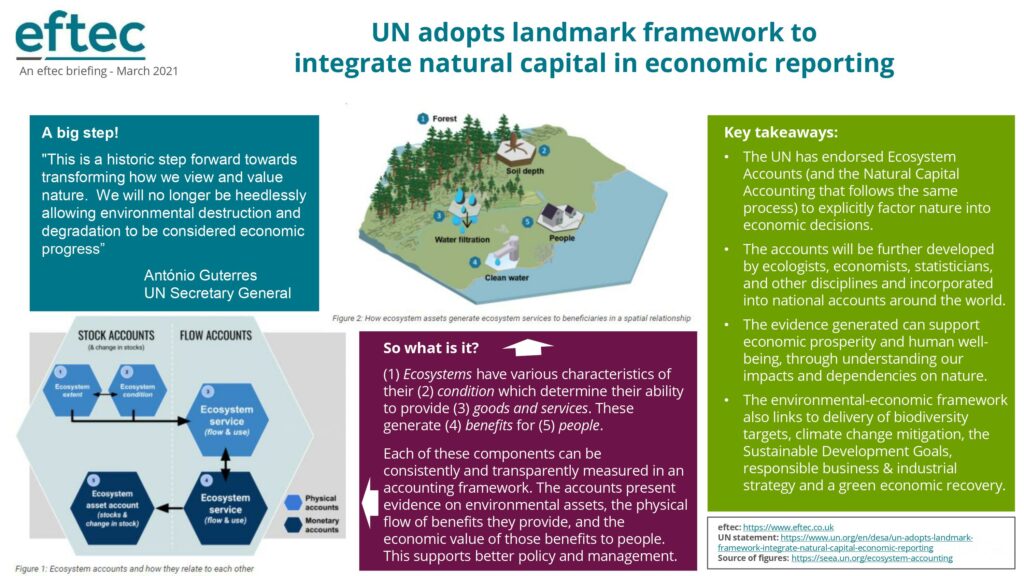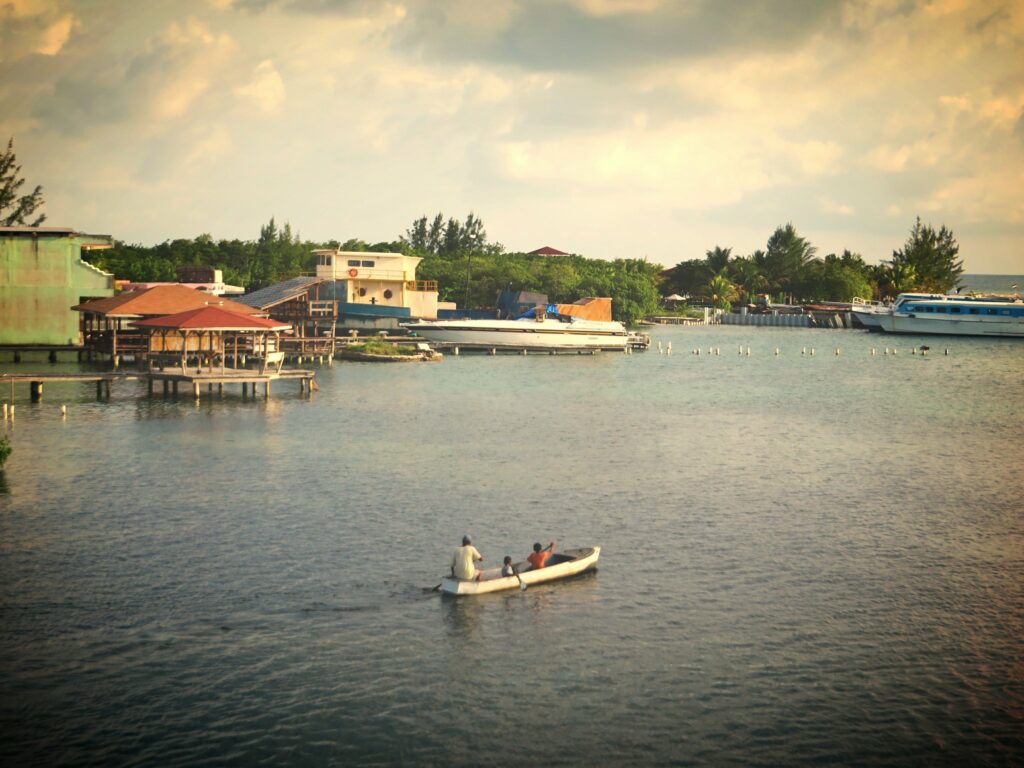

Understanding and quantifying the value of marine and coastal ecosystems can work to strengthen the case of sustainable management of our coasts and seas and support fishery management and conservation efforts that will ensure a sustainable future for sealife and coastal communities.
In 2022, FCFCT’s international Oceans Programme funded the continuation of an Ecosystem Accounting Network, which trains stakeholders from environment and statistics departments to understand and quantify the economic value of local marine and coastal environments. The Network was led by Economics for the Environment Consultancy Ltd (eftec), a UK environmental economic consultancy firm, and covered five Caribbean UK Overseas Territories (UKOTs): Anguilla, the British Virgin Islands, Cayman Islands, Montserrat and the Turks and Caicos Islands.
The Network supports members to develop Natural Capital Accounting tools and practices for that are aligned with the United Nations System for Environmental – Economic Accounting (UN SEEA).

The natural capital accounts provide a framework for the collection and presentation of environmental and economic data, so that the value nature provides can be verified. They also translate ecological and scientific data into economic terms, so that they are comparable with other economic data (such as GDP). This provides an evidence base to support environmentally and economically sustainable decision making, for example:
The activities developed through ecosystem accounting help to streamline annual data collection efforts and build capacity for the production and use of ecosystem accounts by governments and the private sector across the Caribbean to build resilient and prosperous societies.
The FCFCT grant funding enabled Defra’s Darwin-funded UKOT Ecosystem Accounting Network to continue for a further eight months, allowing continued mutual support between the UKOT members and eftec. It gave the network a focus on marine and fisheries issues and resulted in a broadened and deeper understanding of Marine Ecosystem Accounting. UKOT members were also exposed to more targeted discussions on marine and fisheries management, data collection and generally made more aware of current state of Marine evidence within their UKOTs. To ensure the project has a lasting legacy, eftec undertook capacity building activities and set up professional networks in the five countries.

In 2023, eftec will embark on a new project developing storm surge models. They will also convene meetings between lead statisticians and other Caribbean regional statisticians (e.g., from the UN, World Bank and Caribbean Development Bank) to further understanding on the value of natural capital accounting and will seek additional Darwin funds to provide more real-world examples of how the ecosystem accounts (and the evidence they contain) can be used to support decision-making.
Further information on the findings of the project can be read here.